On Aug. 8, the historic town of Lahaina, Maui, burned down leaving ashes and destruction in its place. The people of Lahaina attempted to flee, many resorting to jumping in the deep North Pacific.
One hundred fifteen lives were lost. One hundred fifteen people who would never live another day. One hundred fifteen people who were believed by mainlanders to live in “paradise.”
But for the people of Hawaii, it is no paradise.
Since the annexation of Hawaii in 1898, Hawaiian natives have never been treated with the respect they deserve. When tourism became the main focus of the Hawaiian economy, natives were kicked out of their homes to accommodate tourists from the mainland. To this day, natives are still being undermined by the government in order to appease foreigners.
With no respect for its citizens, Hawaiian officials allowed for the slow destruction of lands and culture, prioritizing the comfort of those who could afford to spend their days on the warm beaches of Honolulu.
Water is being displaced from local communities to accommodate visitors staying in hotels. Inflation forcing families to give up their homes and live on the streets. Ignorant tourists stealing from the land, taking what belongs to Pele. Plastic pollution fills the oceans and contributes to the destruction of coral reefs.
For a place described as “paradise,” there are many problems deeply rooted in the land. Many of these problems were seen as possible causes for the raging wildfires that took place not too long ago.
As far as the response to this major crisis, it’s incomparable to the amount of help other places have received during times of desperate need. Maui didn’t even have enough firefighters to help cover the amount of land being affected.
Hawaii does not have the resources to support itself in case of disaster because of the monopolization of these so-called resources. How can they run out of water, when they are literally surrounded by it?
Plantations, which can be found in large quantities in the more rural areas of the Hawaiian islands, are prioritized over citizens for water usage. Water lines were redirected to these plantations and became limited to residential areas.
A once lush land became a dry, desert-like island, prone to fire; a piece of Hawaiian culture now erased permanently.
As spectators of this disaster, it is our responsibility to learn from these mistakes and educate ourselves on what we can do to help protect these beautiful lands and their people. Natives need to stop being ignored by local and national governments.
Maui Relief Fund, Hawaiian and Pacific Islands Division and Maui Food Bank are all great non-profit organizations, collecting money to help the families affected by the fires. Staying educated and listening to indigenous people are other great individual contributions.
When will we learn to leave what doesn’t belong to us alone?


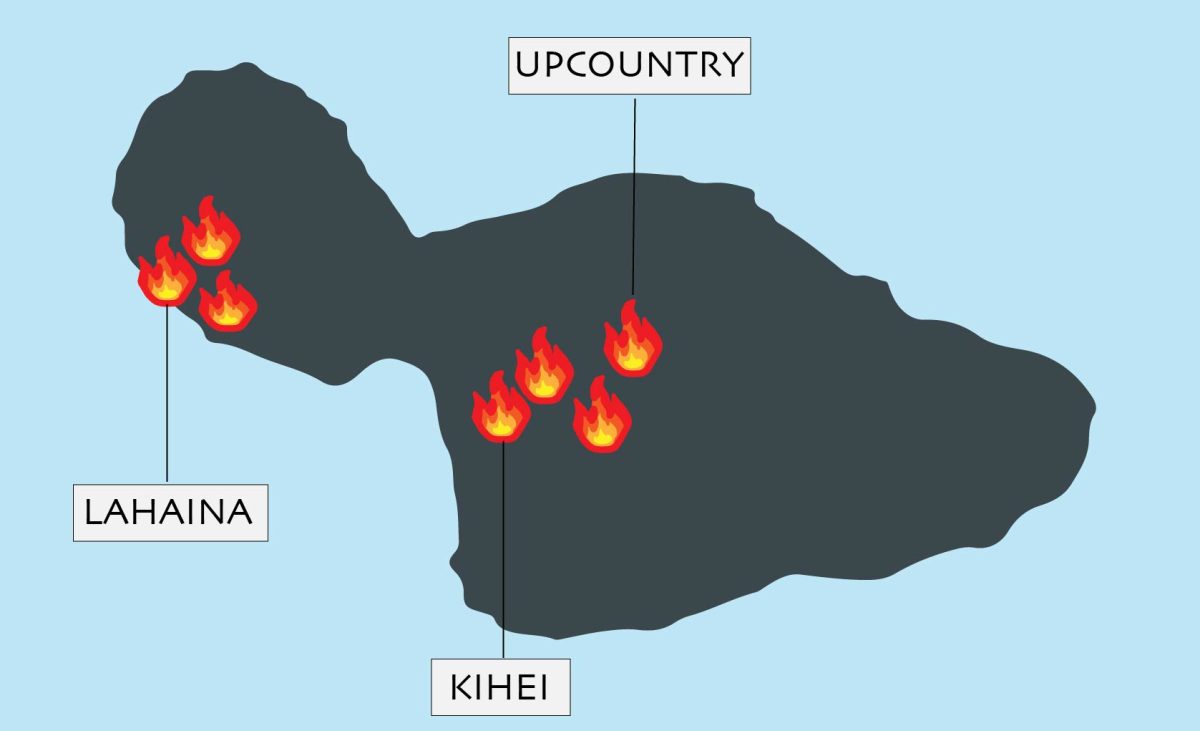
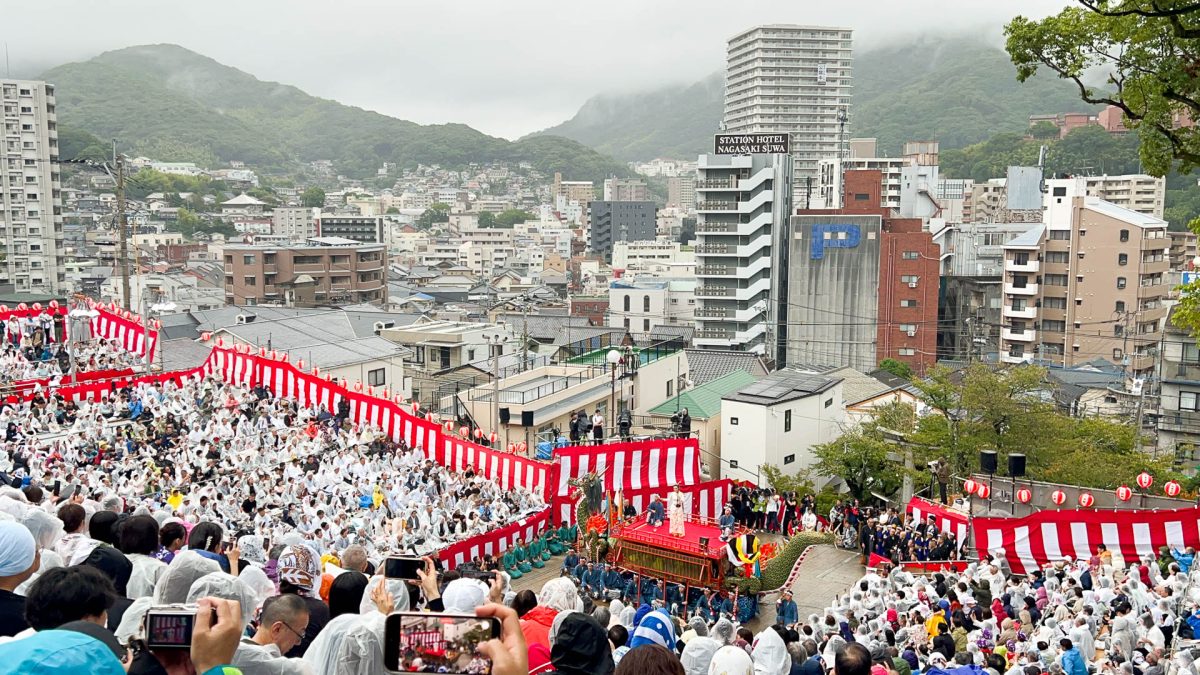




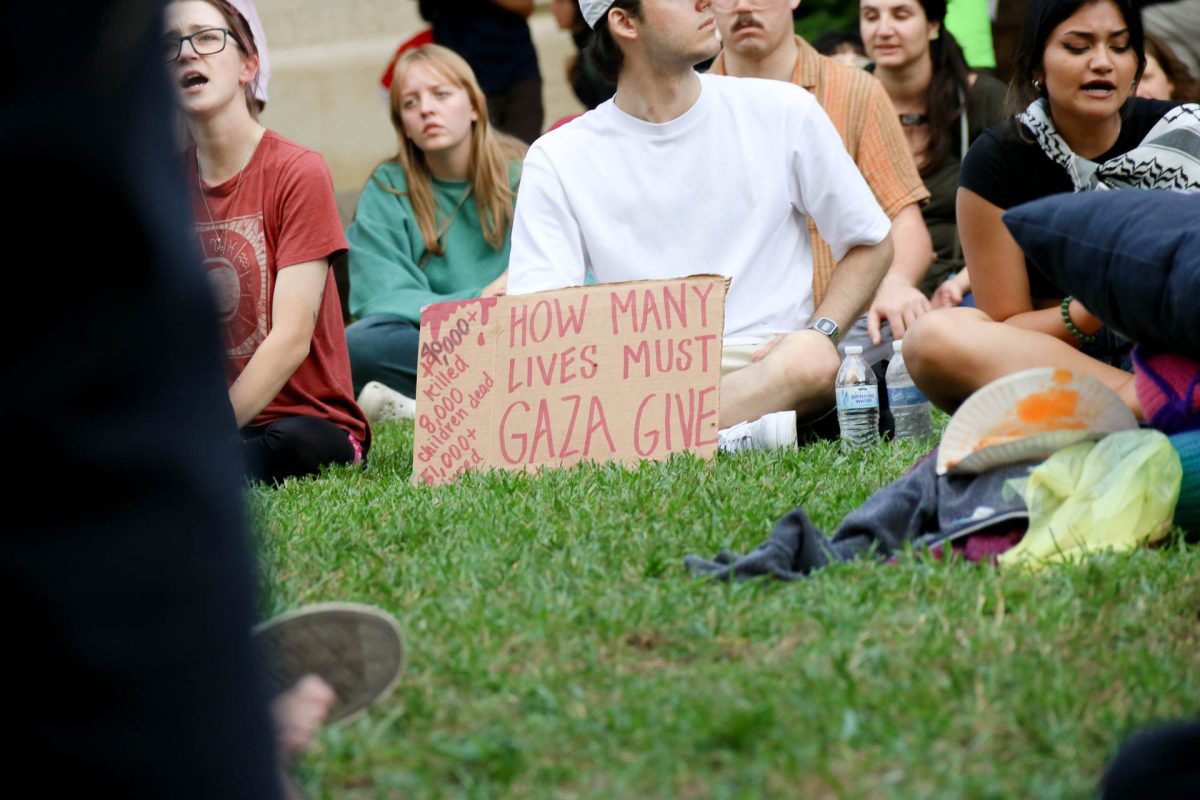
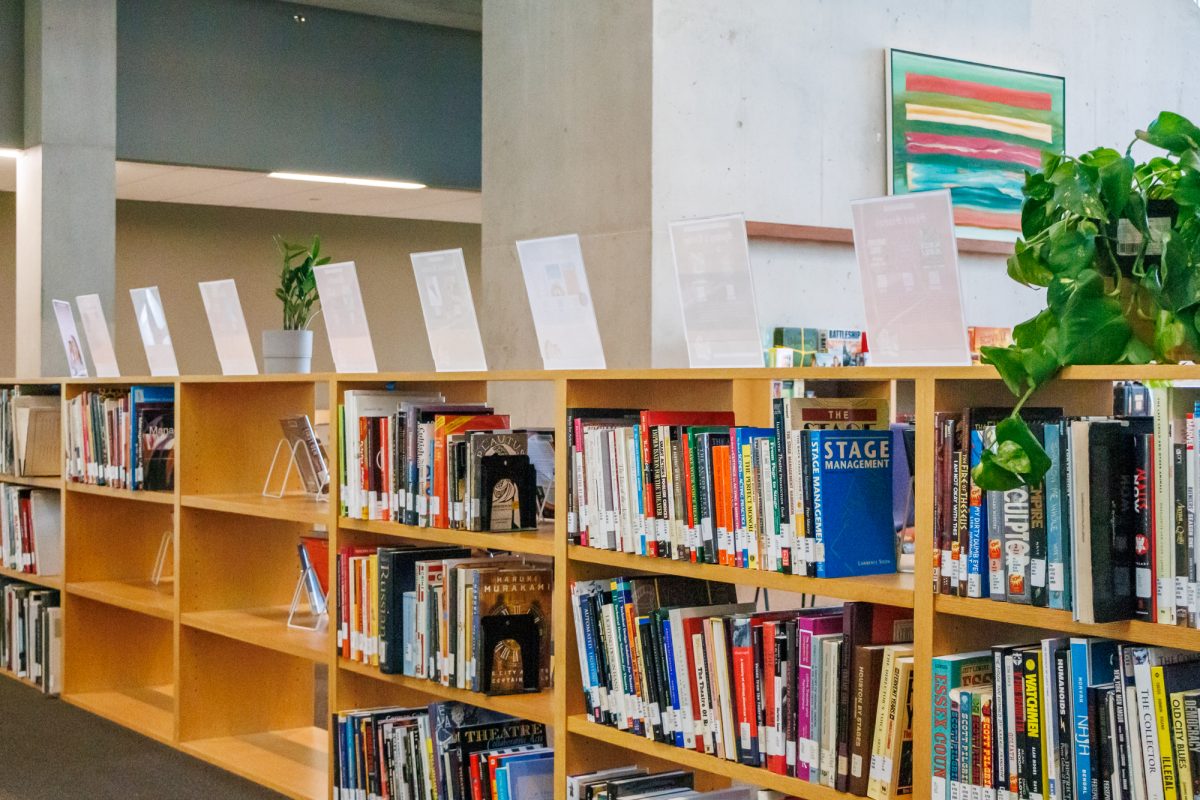
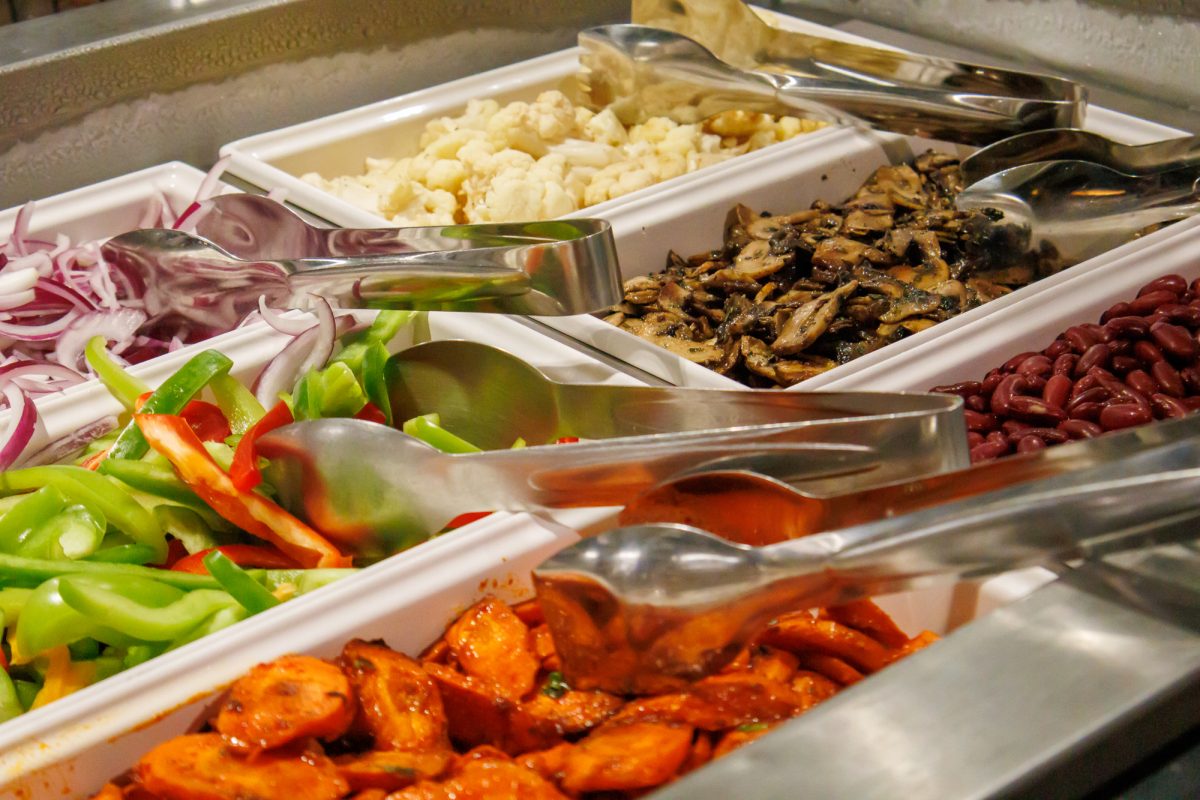
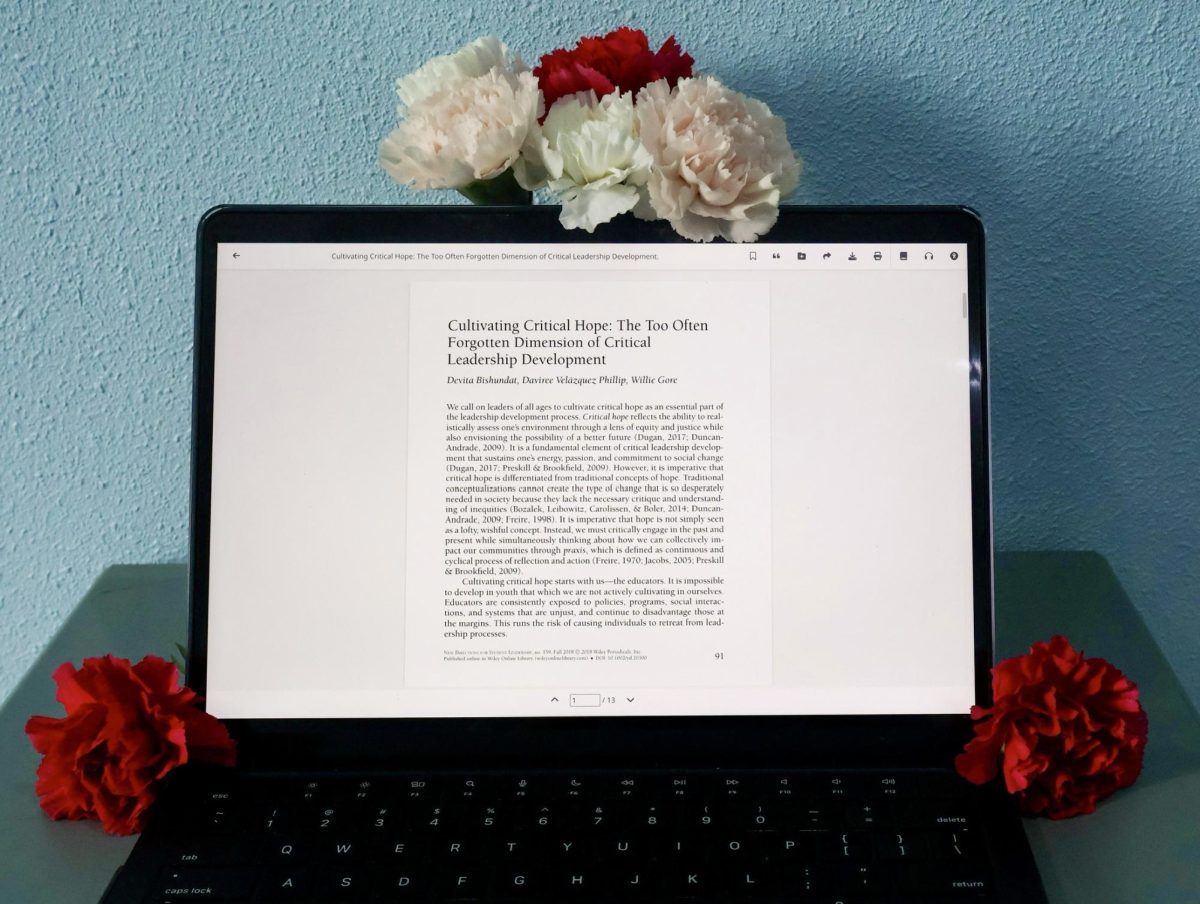


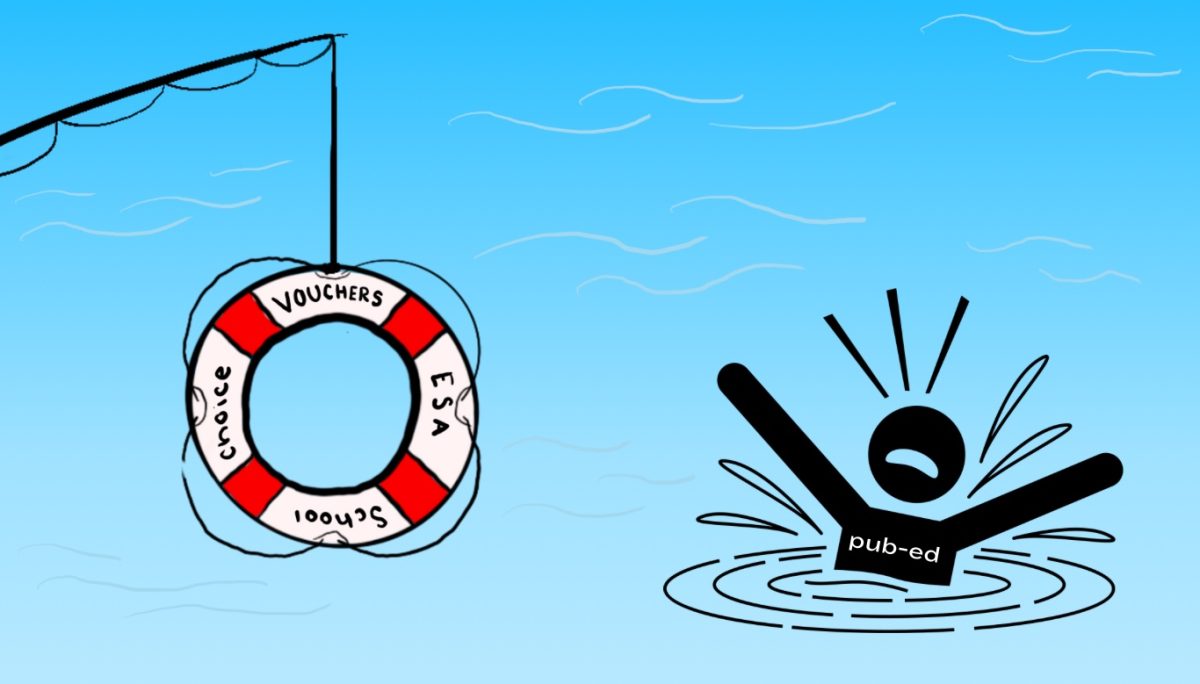
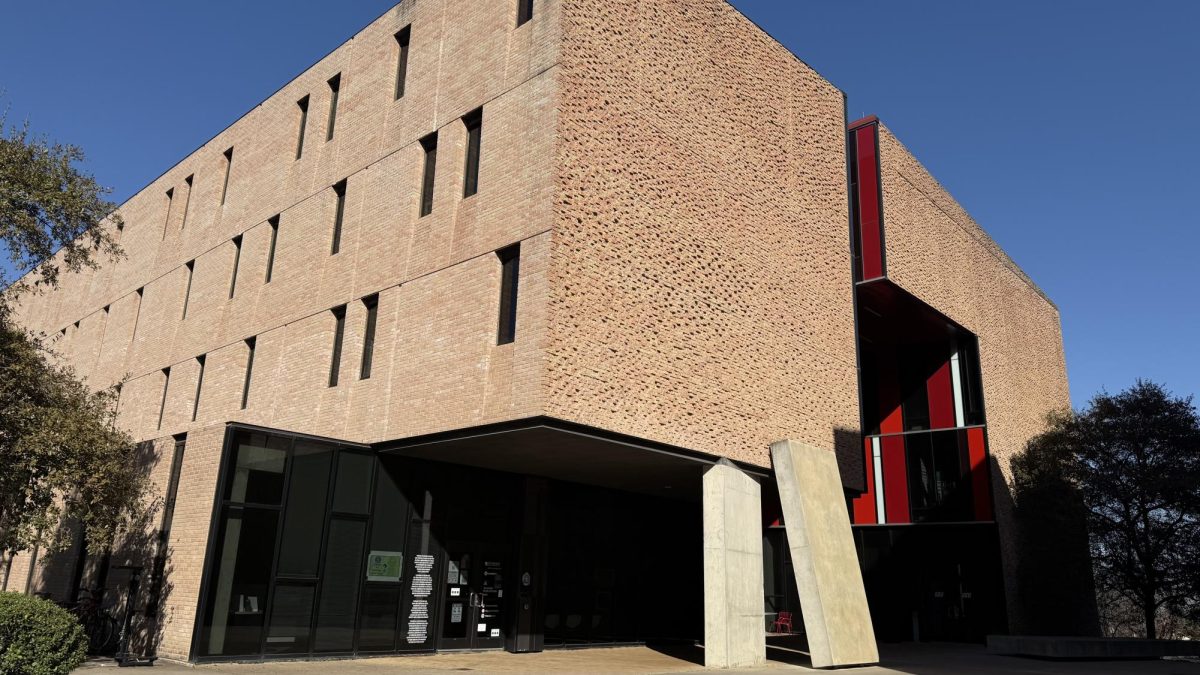
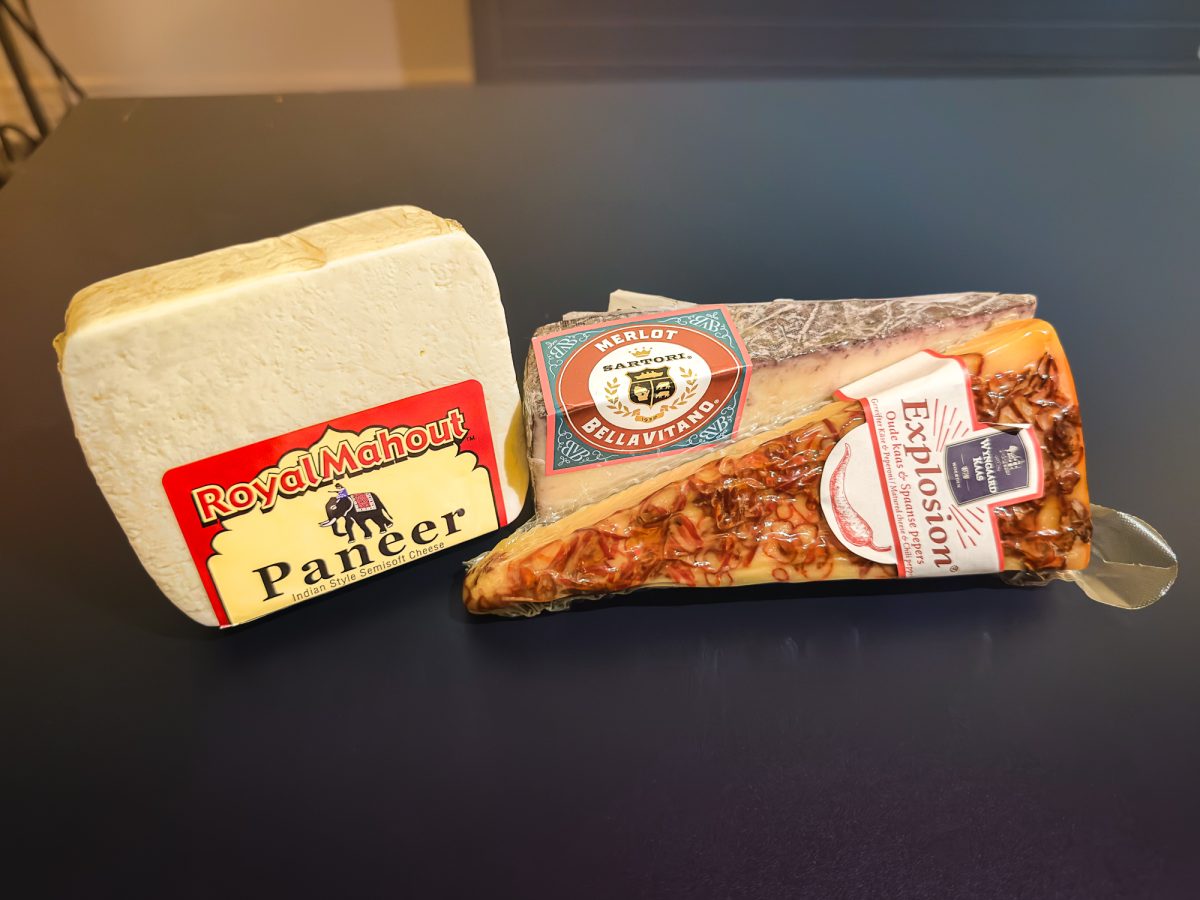

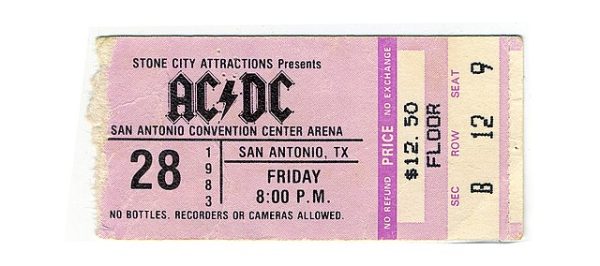
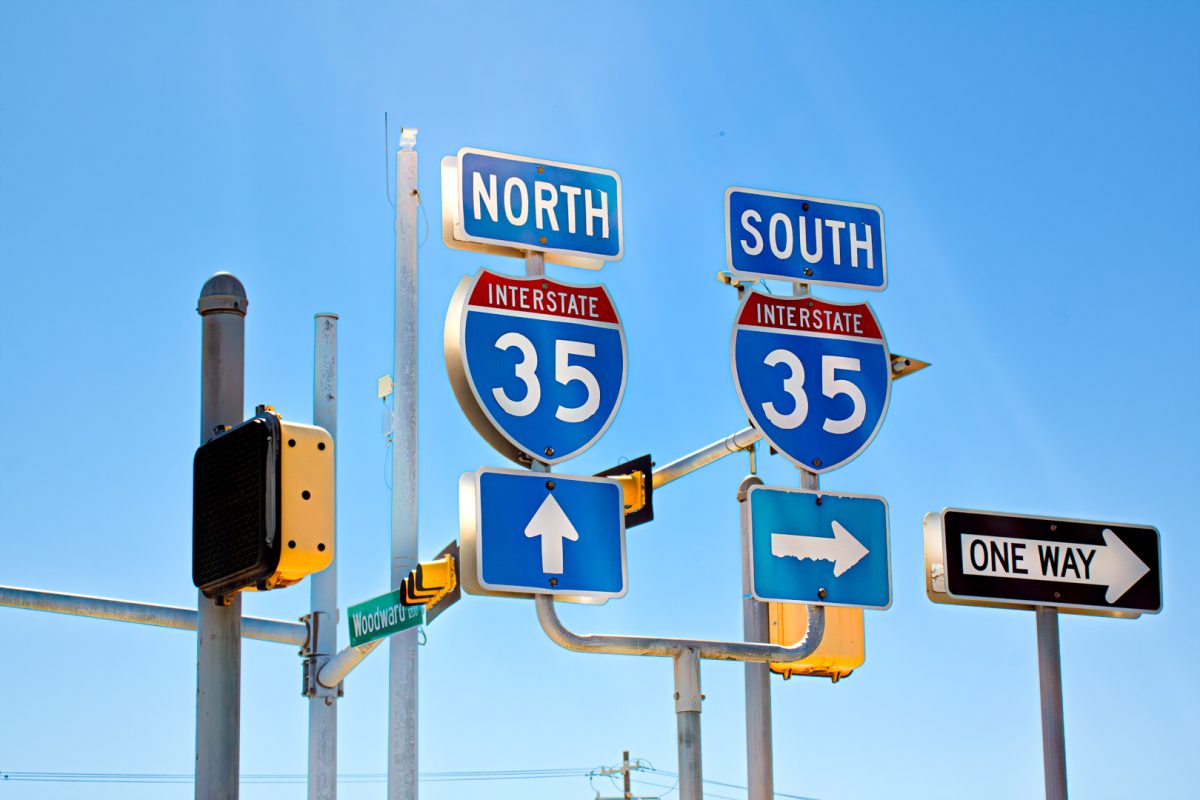

MOC • Sep 15, 2023 at 6:24 pm
“harmful legacy of colonialisim” ??
All this happened because the Hawaiian Monarchy were supremely incompetent. They invited immigrants to come and work the fields because native Hawaiians didn’t want to work them. But the Kings and Queens wanted the $$$ paid by the Haole businessmen.
Many countries had eyes on the islands. They’re lucky it was the United States that prevailed. Could have been Russia.